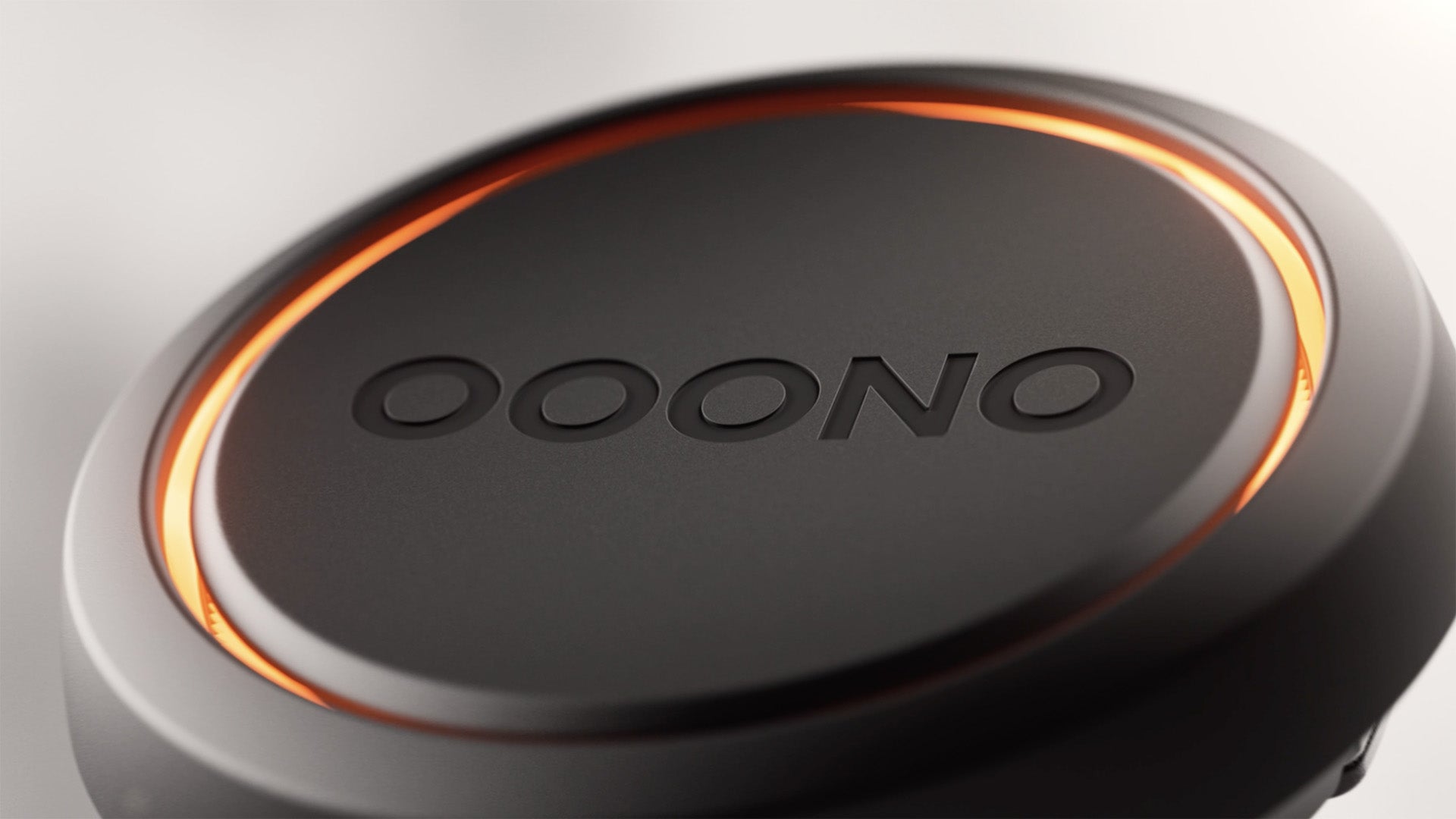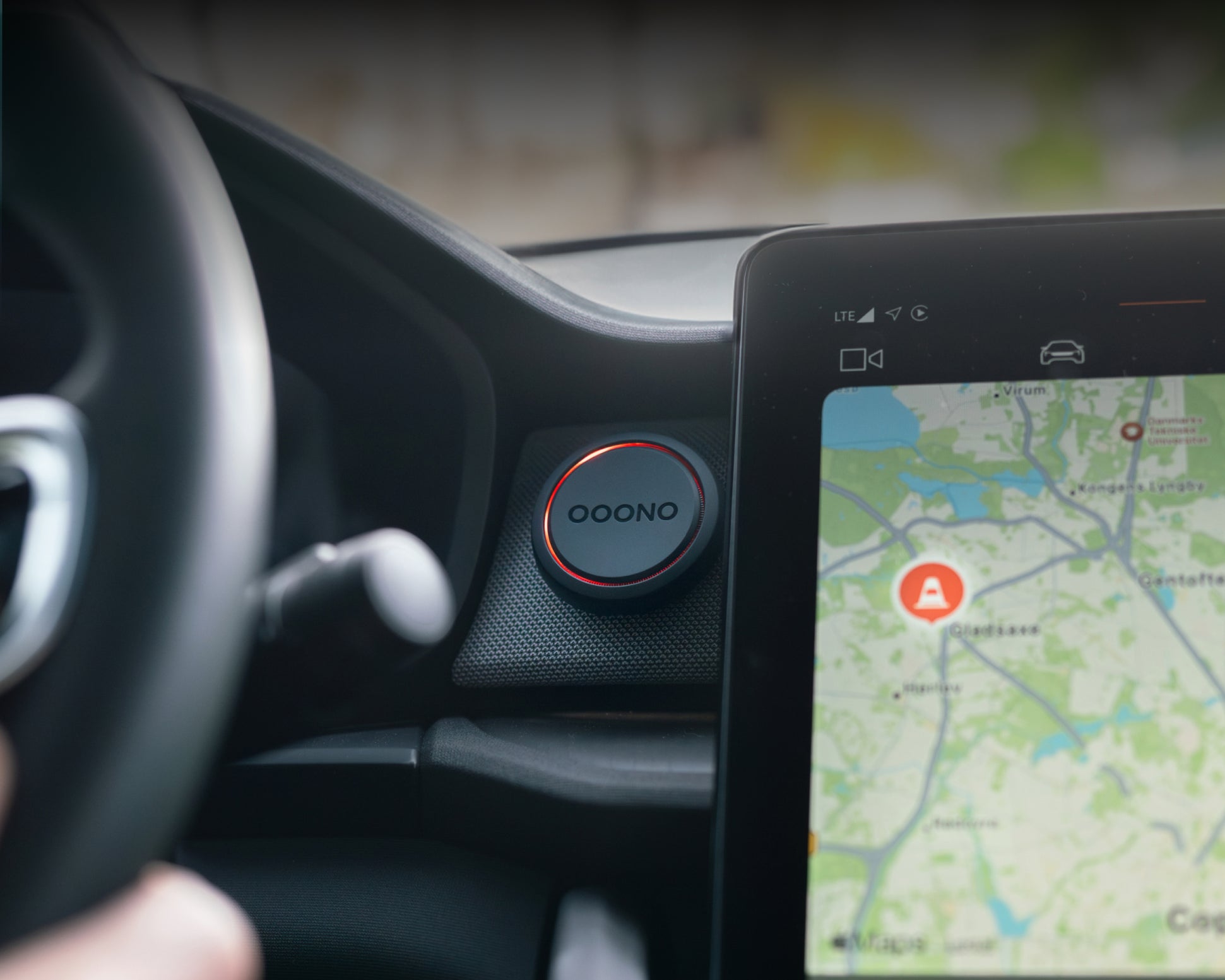Frequently Asked Questions About Punishment for Speeding & Fines
Speeding fines are one of the most common penalties issued to UK drivers, yet many people are not exactly sure what the rules are or what they should do if they receive one. In this article, we break down the punishment for speeding into clear, frequently asked questions to help you understand your rights and responsibilities.
Whether you are unsure about how fines are calculated, how speed cameras work, or whether you can appeal, this guide gives you fast, reliable answers — without digging through complex legal texts.
How much is a speeding fine?
The fine depends on how far over the speed limit you were driving. For minor offences, a Fixed Penalty Notice (FPN) is usually issued:
- £100 fine
- 3 penalty points
For more serious violations, fines are calculated based on a banding system linked to your weekly income:
- Band A: 50% of weekly income (e.g. 35 mph in a 30 zone)
- Band B: 75–125% of weekly income (e.g. 41 mph in a 30 zone)
- Band C: 125–175% of weekly income (e.g. 51+ mph in a 30 zone)
Maximum fines can reach £1,000 — or £2,500 if the offence occurred on a motorway.
Do I get points on my licence?
Yes, most speeding offences come with penalty points, typically:
- 3 points for minor speeding
- 4–6 points for more serious cases
- If you get 12 points within 3 years, you may face a driving ban (6 points if you are a new driver)
In some cases, you may be offered a Speed Awareness Course instead of points, but only if the offence is minor and you haven’t taken the course in the last 3 years.
How are fines calculated?
The court uses three main factors to determine the punishment for speeding:
- How much you exceeded the limit by
- Your weekly income (for more serious cases)
- Any aggravating or mitigating circumstances
Aggravating: Poor weather, heavy traffic, previous convictions
Mitigating: Emergency situation, clean driving history
The more severe the offence, the higher the fine and potential for extra penalties (points or disqualification).
How far can a speed camera see?
This varies depending on the type of camera:
- Fixed speed cameras (e.g. Gatso, Truvelo): up to 100 metres
- Mobile speed vans: up to 1 kilometre in clear conditions
- Laser-based guns: accurate from hundreds of metres
In short, speed cameras can detect your speed long before you notice them.
Can I appeal a speeding ticket?
Yes, but only if you have valid grounds. You can challenge a ticket if:
- You weren’t the driver at the time
- The speed limit signage was unclear or missing
- The camera or equipment was faulty
- You believe there’s been an error in processing
If you appeal and lose, penalties could increase — so it’s best to seek legal advice before proceeding.
How do average speed cameras work?
Average speed cameras (often used in roadworks and long motorway sections) calculate your average speed over a measured distance using:
- Entry and exit camera points
- Automatic number plate recognition (ANPR)
- Time stamps to calculate speed
They don’t just track one moment — you need to stay within the limit across the whole monitored section.
What happens if I don’t pay my speeding fine?
Ignoring a speeding ticket can lead to:
- A summons to court
- A larger fine than the original penalty
- Court costs and administrative fees
- Potential driving disqualification in serious or repeat cases
In short: never ignore a ticket. Appeal if you disagree, or pay promptly to avoid extra consequences.
How the CO-DRIVER helps you avoid speeding fines (legally)
The OOONO CO-DRIVER is a compact, screen-free device that gives you legal, real-time alerts for:
- Speed camera zones
- Accident hotspots
- Temporary or variable speed areas
It’s completely legal in the UK because it does not interfere with enforcement technology. Instead, it provides subtle audio and light-based notifications, helping you stay alert without distractions.
Why the CO-DRIVER is helpful:
- No screen = no visual distraction
- Hands-free once connected to your phone
- Works with crowdsourced and official data
- Helps avoid fines through awareness, not avoidance
Using a CO-DRIVER is not about beating the system — it’s about becoming a more informed, compliant driver.
Understanding the punishment for speeding and the systems in place to enforce it helps drivers act more responsibly and avoid unnecessary fines. With a few good habits, awareness of common enforcement zones, and support from smart tools like the OOONO CO-DRIVER, you can stay on the right side of the law and focus on driving safely.


